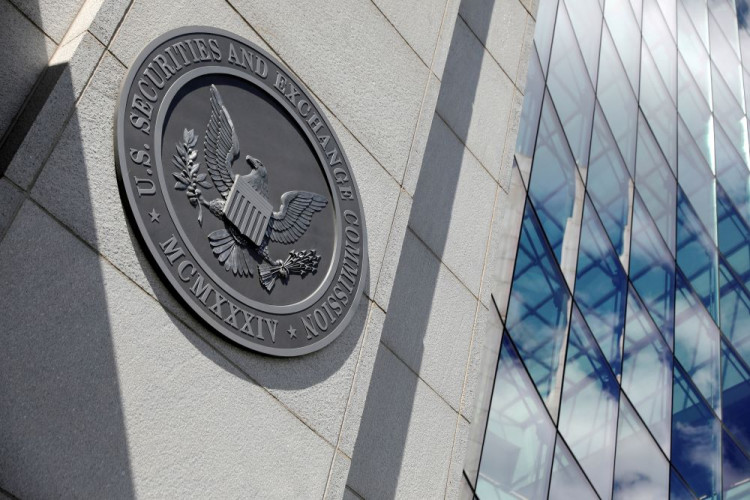The U.S. Securities and Exchange Commission (SEC) has bolstered its regulatory oversight of the $26 trillion U.S. Treasury market. On Tuesday, February 6, the SEC passed new rules with a vote of three in favor and two against. These rules mandate that hedge funds and proprietary trading firms that regularly trade U.S. Treasuries register as dealers. The regulations will also apply to participants in other government securities and equity markets, indicating that these institutions will be subject to stricter regulation and higher compliance costs.
Media sources have highlighted that the new rules reflect the SEC's belief that the U.S. Treasury market and the private fund industry require additional "safeguards." The regulations could compel dozens of institutions to register as dealers, subjecting them to new regulatory scrutiny they had not previously faced. SEC Chair Gary Gensler noted that institutions registered as dealers would be bound by various significant laws and regulations, which are designed to protect the public, promote market integrity, and facilitate capital formation.
The rules target numerous trading entities that earn income through bid-ask spreads or those interested in the best or nearly the best prices on both sides of a market for the same security. Companies managing assets under $5 million are exempt from the new regulations. Since the proposal of the draft rules in 2022, the private fund industry and high-frequency trading firms have been lobbying Congress to oppose the new regulations. Industry groups have claimed that the requirements pose an existential threat to certain trading strategies and could prompt financial institutions to leave the U.S. market to avoid increased costs.
The final version of the new rules introduced this Tuesday omitted some of the provisions that had caused significant discontent within the industry, such as setting a monthly securities trading volume of $25 billion as a criterion for mandatory dealer registration and the so-called cumulative clause that would likely force more firms to register as dealers. Nevertheless, companies primarily profiting from capturing bid-ask spreads will still be classified as dealers by the SEC.
It remains uncertain whether the new rules will be sufficient to avoid legal challenges. The private fund industry has been seeking to sue the SEC over the new regulations. The Alternative Investment Management Association (AIMA) has stated it will review the final version of the new rules before deciding on the next steps. AIMA's head, Jack Inglis, mentioned that although the SEC did not adopt some of the problematic provisions from the draft rules, the final version could still affect certain funds and strategies, possibly necessitating their registration as dealers and government securities dealers.
Observers have noted that the introduction of the new rules was not unexpected, as basis trades prompted emergency interventions by the Federal Reserve in September 2019 and March 2020. Regulators have been seeking ways to address the issues associated with such trades. Hedge funds and other institutions now classified as dealers by the SEC typically employ leverage of 20 times or higher, amplifying fluctuations as low as one basis point.
Financial blog Zero Hedge highlighted that some of the most aggressive hedge funds in basis trading include multi-strategy funds and so-called pod funds or multi-manager strategy funds, such as Millennium, Citadel, Balyasny, Point73, and Exodus Point. It provided a chart showing that the top five such funds manage over $1 trillion in assets, employing leverage of 6.3 times their net assets.
The Treasury Borrowing Advisory Committee (TBAC) issued a report on January 30, warning that leverage ratios in hedge fund basis trading are soaring. The report concluded that "relative value trading strategies are the most likely driver of structural leverage short positions in U.S. Treasury futures," recommending that the Treasury Department monitor the relationships reflected in Treasury futures basis trading. The report acknowledged that repurchase agreements and futures margins allow funds to employ higher leverage, noting that "using this framework, 20 times leverage could produce annualized excess returns of 9% to 10%," barring any disruptions. Such leverage strategies depleted equity during the early stages of the COVID-19 pandemic in March 2020, contributing to financial market stress in the U.S. during that period.






